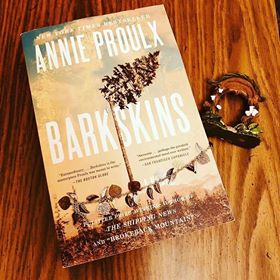How much different can all these books be?
The main difference that I see between recreational reading and education reading is that one is assigned and the other you choose to read on your own time (or the time that you're supposed to be reading the assigned book...but not me...I would never do that...). It makes sense that this would be the main difference between them. You are assigned to read the first three chapters of a book or textbook, you choose to stay up the rest of the night reading the entirety of a book you have already read before because you enjoy causing yourself that emotional pain.
 Another difference is the price and purchasing. I know from experience and friends that I would willingly spend upwards of $20 on a recreational book without really thinking about it, especially if it's a pretty cover because that's the real way to my soul if you can't spend the money on food. But telling me I have to spend $40 on a textbook that I will be using for the whole semester and be gaining knowledge from...THAT'S JUST ABSURD!
Another difference is the price and purchasing. I know from experience and friends that I would willingly spend upwards of $20 on a recreational book without really thinking about it, especially if it's a pretty cover because that's the real way to my soul if you can't spend the money on food. But telling me I have to spend $40 on a textbook that I will be using for the whole semester and be gaining knowledge from...THAT'S JUST ABSURD!A similarity I find, which may shock some people, is that with both recreational reading and educational reading, you learn new things. Whether it's learning how to set up a camera shot or the history of Middle-Earth, your brain now holds information that it didn't know yesterday, and I think that's just beautiful. You can also learn new things about yourself. Surprisingly connecting with a character you felt had nothing in common with you can help you realize more of your true self that's hiding inside.
Another similarity I find with both of these types of reading is that they can have an opposite effect of what they mean to do. What do I mean by this? Well, it's simple dear reader. Sometimes you are assigned a book in class to read, like Frankenstein or The Hobbit, which starts off annoying since it's for school but end up being something that you really like and can't put down. Whereas you could find a book for recreation, start it, and immediately feel like if you continued reading it would seem like it was an assignment. For me, it was the Hobbit. I was assigned to read it in my sophomore year of high school. At first, I was a little put off by it, I hated getting assigned books because I felt that most of them were too annoying or boring. However, one chapter in and I was hooked on the work of Tolkien.

There is more to these two types of reading as well. I know that I must have missed something, or that someone else has noticed what I have. If you have, please, comment down below and let's talk.
À beintôt!
Photo/Gif creds: open book, book heart, keep calm,



